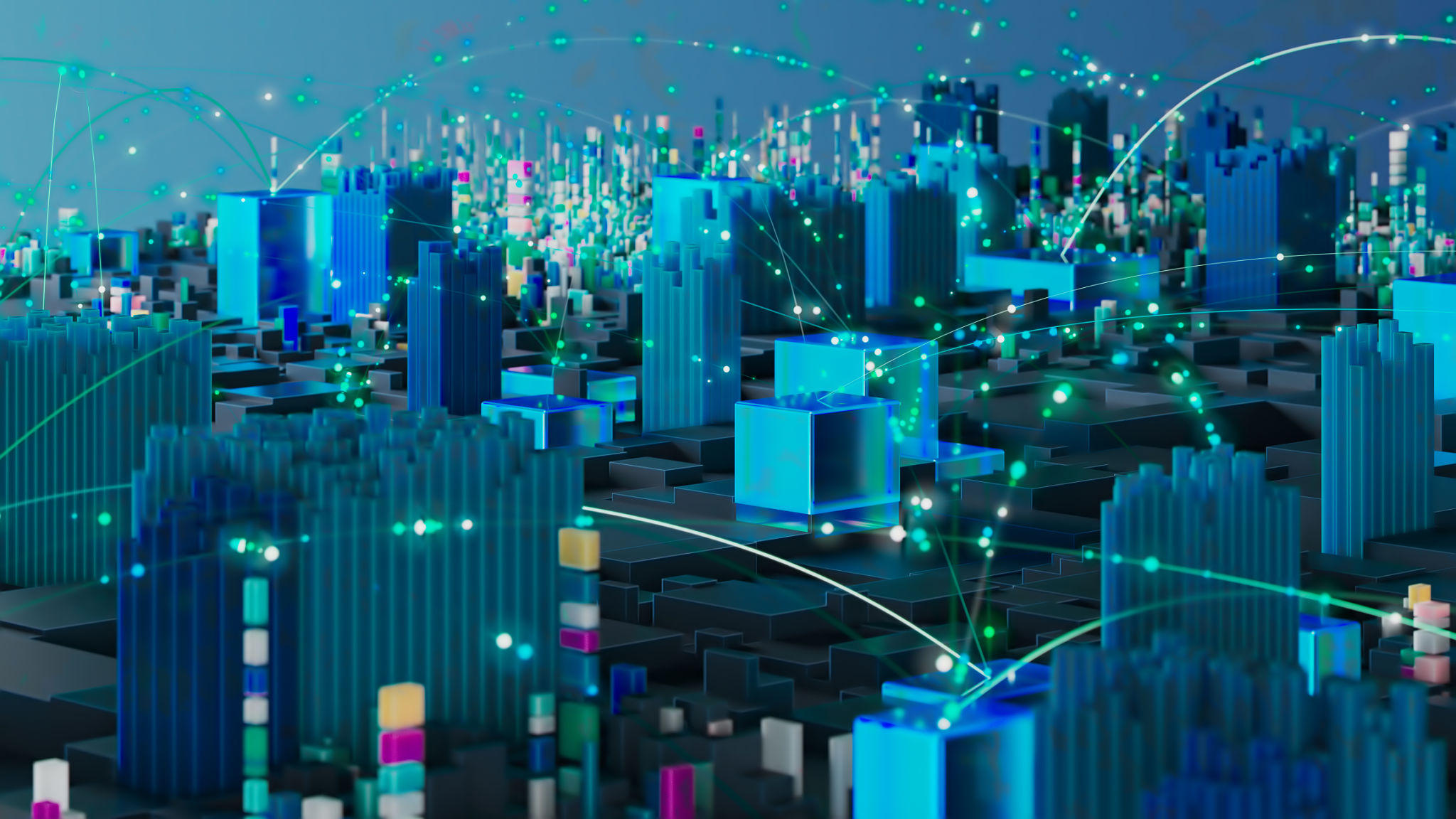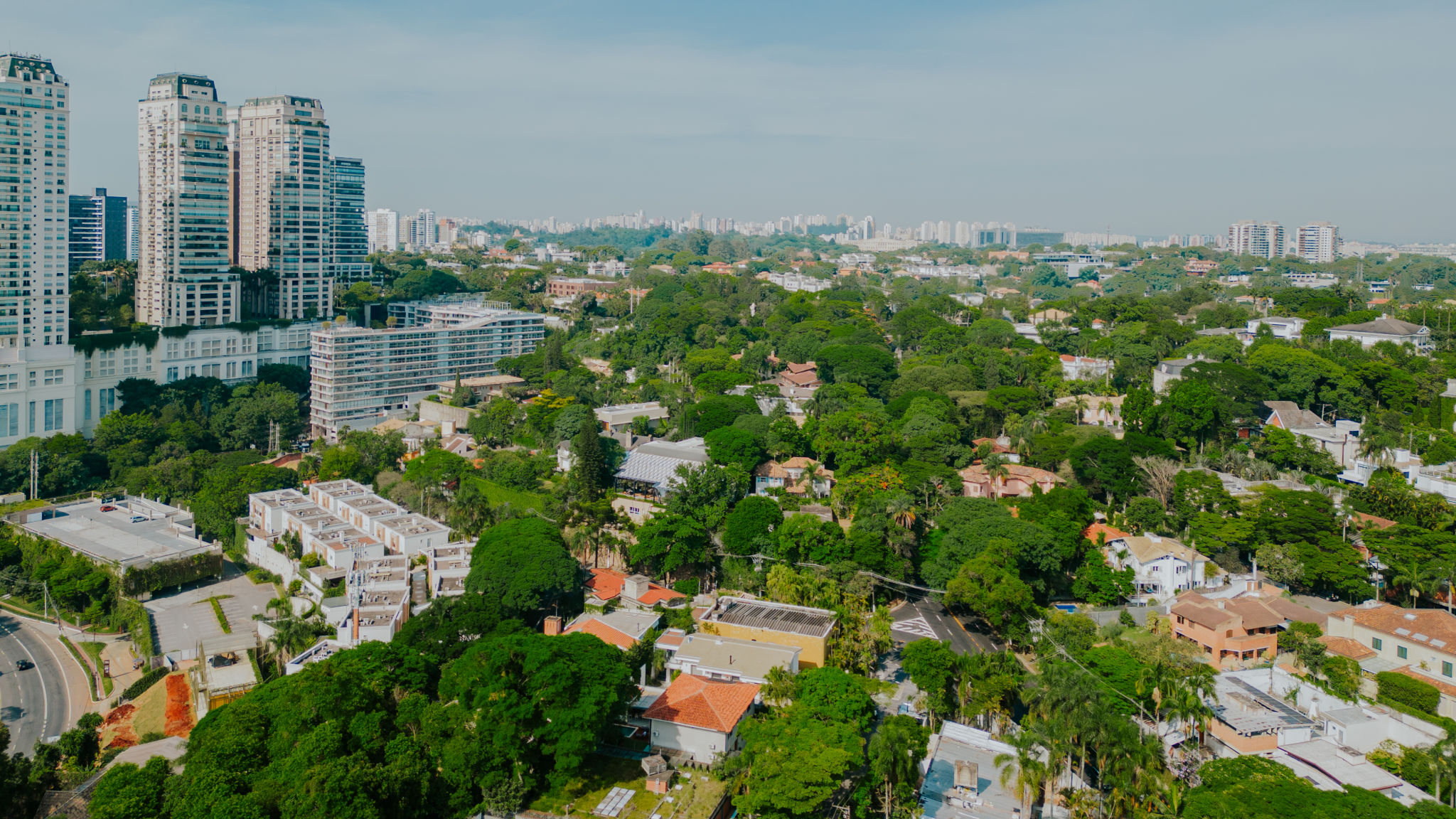Enhancing Urban Life: The Role of Connected Devices in Smart Cities
The Evolution of Smart Cities
Urban areas worldwide are rapidly embracing the concept of smart cities, integrating cutting-edge technology to enhance the quality of life for residents. At the heart of these innovations lie connected devices, which are transforming how cities operate, manage resources, and interact with their citizens. By leveraging the Internet of Things (IoT), cities are becoming more efficient, sustainable, and livable.
Smart cities utilize a vast network of sensors and connected devices to collect and analyze data. This data-driven approach enables city planners and administrators to make informed decisions, optimizing everything from traffic management to energy consumption. As urban populations continue to grow, the need for such intelligent systems becomes increasingly critical.

Enhancing Public Services with IoT
The integration of connected devices into public services is revolutionizing urban life. For instance, smart waste management systems use sensors to monitor trash levels in bins, enabling more efficient collection routes and reducing unnecessary emissions. Similarly, smart streetlights equipped with motion sensors can adjust their brightness based on pedestrian activity, conserving energy while maintaining safety.
Public transportation is another area benefiting from IoT. Real-time tracking of buses and trains through GPS-enabled devices allows commuters to plan their journeys more effectively. Moreover, predictive maintenance systems can anticipate equipment failures, minimizing downtime and enhancing service reliability.

Fostering Sustainable Living
Connected devices play a pivotal role in promoting sustainability in cities. Smart grids, for example, enable efficient energy distribution by dynamically adjusting supply based on demand. This not only reduces energy waste but also lowers costs for both providers and consumers. Additionally, smart water management systems can detect leaks and optimize water distribution, conserving this vital resource.
Sustainable urban development also involves reducing carbon footprints. Smart buildings equipped with automated climate control systems can significantly cut energy usage by adapting to occupancy patterns and weather conditions. Furthermore, green spaces enhanced with IoT solutions provide opportunities for environmental monitoring and biodiversity protection.

Improving Urban Mobility
The rise of connected devices is reshaping urban mobility. Smart traffic management systems use real-time data to alleviate congestion, reduce travel times, and improve air quality. By coordinating traffic signals and providing real-time navigation updates to drivers, these systems can significantly enhance the overall traffic flow.
Furthermore, smart cities are increasingly investing in electric vehicle (EV) infrastructure. Charging stations equipped with IoT capabilities allow users to locate available chargers easily and monitor charging status remotely. This facilitates the adoption of EVs, contributing to cleaner urban environments.

Ensuring Safety and Security
Safety and security are paramount in urban settings, and connected devices are making significant strides in this area. Surveillance systems enhanced with AI and IoT provide real-time monitoring and threat detection, helping law enforcement respond swiftly to incidents. Moreover, smart emergency response systems can quickly relay critical information to first responders, improving response times and saving lives.
Additionally, connected devices facilitate community engagement in safety initiatives. Residents can report issues through mobile apps linked to city management systems, fostering a collaborative approach to public safety.
The Future of Urban Living
The potential of connected devices in smart cities is vast and continually evolving. As technology advances, we can expect even greater integration of IoT solutions into urban infrastructure, further enhancing the quality of life for city dwellers. From environmental sustainability to economic efficiency, the benefits of these innovations are set to transform urban living on a global scale.
Ultimately, the continued development of smart cities promises a future where urban environments are more adaptable, responsive, and inclusive. By leveraging connected devices thoughtfully and strategically, cities can overcome the challenges of modern urbanization and pave the way for a brighter future.

